Can Cats Eat Mochi? A Comprehensive Guide
As cat owners who love and take good care of them, we sometimes think about the foods we eat that we might give our cats. One question often arises: “Can cats eat mochi?“
Mochi, a well-known sweet from Japan made of sticky rice, is loved by many worldwide. But is it OK to give to our cats?
This guide will help you understand this topic in detail. We’ll look at what’s in mochi that could be good or bad for your cat, how it might affect your cat’s health, and if it’s OK to give as a treat. So, if you’re eager to learn about cats and mochi, this guide is for you. Whether you’re a longtime cat owner, a new kitten parent, or love pets and always want to know more, this guide will give you dependable and transparent information. So get ready for an exciting journey into the world of cats and mochi!
What Is Mochi?
Mochi is a traditional Japanese food that has gained significant global popularity due to its unique texture and versatility. It’s often enjoyed as a dessert or sweet treat but can also be incorporated into savoury dishes.
This delicacy is generally consumed during special occasions and festivities in Japan, such as the New Year. Despite its sweet appeal to humans, it’s crucial to consider its potential effects on our feline friends before offering them a taste.
What Are Mochis Made Of?
Mochi is made primarily of a particular type called glutinous rice or sweet rice. Despite the name, this rice is not inherently sweet but gets its name from the sticky texture it produces when cooked.
To make mochi, the glutinous rice is soaked overnight and then steamed. After steaming, it is pounded into a smooth, dough-like substance using a traditional mallet known as the ‘kine’ in a mortar called the ‘usu.’ This process of pounding stretches the rice grains, creating the characteristic chewiness.
Some mochi variations may contain additives for flavour and colour, such as matcha (green tea powder), azuki beans, or even strawberries. It is essential to remember that while these ingredients are safe for human consumption, they may not be suitable for cats.
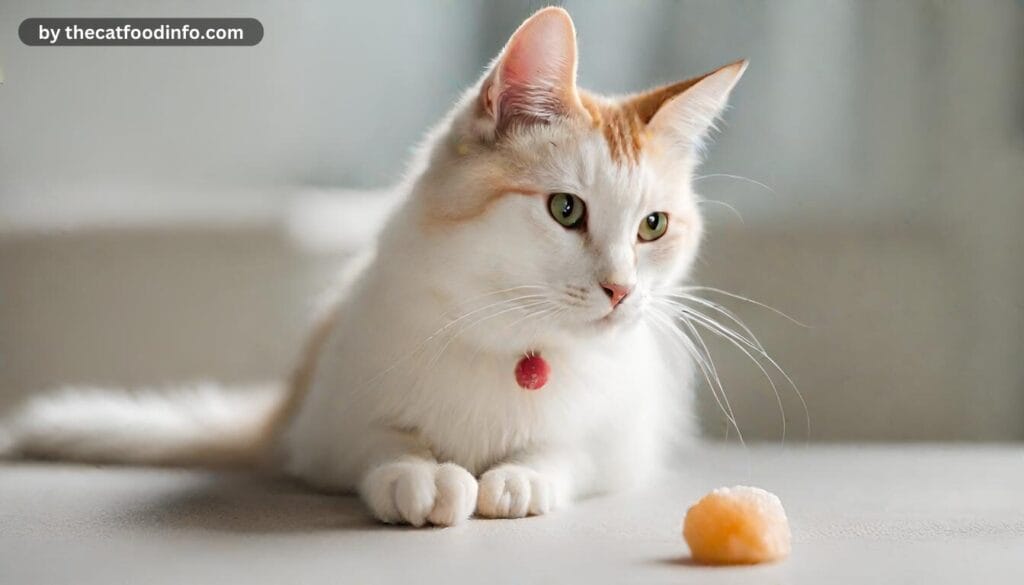
Can Cats Eat Mochis?
The short answer is no. Cats should not eat mochi. While it is a tasty treat for humans, mochi can be dangerous for cats. It’s made from sticky rice, which cats can’t digest very well. This might lead to tummy troubles for your feline friend.
Also, the chewy texture of mochi can be a choking hazard. So, it’s best to avoid giving mochi to your cat, even as an occasional treat. Remember, cats need a diet focused on meat, not sweets.
Are Mochis Healthy For Cats?
In simple terms, mochis are not healthy for cats. Cats have a diet specialised for meat, known as an obligate carnivorous diet. This means the nutrients they need are primarily found in meat.
Foods like mochi, which are high in carbohydrates and sugars, lack the essential nutrients cats need and could be harmful. The ingredients in mochi may lead to digestive problems as cats’ systems are not designed to process such foods.
Moreover, the sweetness of mochi is unnecessary and unhealthy for cats. So, as tasty as it may be for us, mochis are a definite ‘no’ for our feline friends.
The Potential Health Risks Of Mochis To Cats
Choking Hazard
Mochi’s sticky and chewy texture can be a choking hazard for cats. Cats are not used to eating such foods, and they might lodge in their throat, leading to choking. This is especially risky for smaller cats or kittens.
Digestive Problems
The primary ingredient of mochi, sticky rice, is rich in carbohydrates, which cats cannot digest well. This could lead to digestive problems such as constipation, bloating, or even more severe digestive issues.
Unsuitable Ingredients
Mochi often contains flavour and colour additives that are unsafe for cats. While safe for humans, ingredients like matcha (green tea powder), azuki beans, or strawberries can harm cats.
Nutrient Deficiency
As obligate carnivores, cats require a diet that is high in meat. Feeding them mochi could lead to a deficiency in necessary nutrients like taurine, which is essential for cats’ heart health and eyesight and is only found in animal-based proteins.
Risk of Obesity and Diabetes
As mochi is high in carbohydrates and sugars, regular consumption could lead to obesity and even diabetes in cats. Both of these conditions can have profound long-term health implications for cats.
Dental Problems
The sugars in mochi could lead to dental issues in cats, such as tooth decay and gum disease. Cats lack the enzyme to break down sugars and are prone to dental problems when fed sugary foods.
Risk to Protein Metabolism
Consuming mochi can interfere with the protein metabolism in cats. Cats’ systems are designed to metabolise protein from meat as obligatory carnivores. The primary ingredient of mochi, glutinous rice, is a carbohydrate, and its consumption can disrupt the usual protein metabolism.
Disruption of Lipid Metabolism
Mochi’s high carbohydrate content can disrupt cats’ lipid metabolism. Cats utilise fat as an energy source more efficiently than carbohydrates. Consuming mochi, which lacks the necessary fats, can lead to metabolic imbalances.
Alteration of Nucleic Acid Function
Cats require certain essential amino acids, like taurine, which are abundant in meat and vital for synthesising nucleic acids. Regular consumption of mochi, lacking these essential amino acids, can affect the functions of nucleic acids, impacting cell growth and repair.
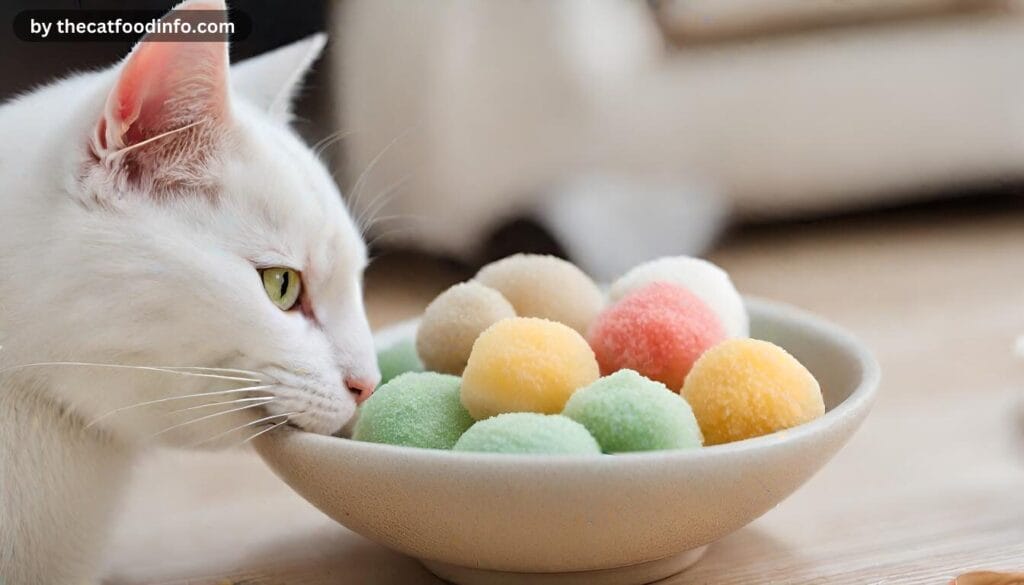
What Happens If Cats Eat Mochi Too Much?
If cats overeat mochi, it’s terrible news. Cats’ bodies are not made to handle food like mochi. Too much mochi can make them sick, overweight, and have a lot of health problems.
It can mess up their stomach, make their teeth bad, and disturb how their body uses food for energy. So, it’s essential to ensure your cats don’t eat mochi.
Does Mochi Have Any Benefits For Cats?
No, mochi doesn’t have any benefits for cats. While it’s a yummy treat for people, it doesn’t do any good for cats. It has many things that cats can’t eat well and nothing they need from their food.
Remember, cats need meat, not sweets or treats made for humans. So, it’s best to keep mochi for yourself and give your cat food that’s made for them.
So Then, Why Does My Cat Love Mochi?
Even though it’s not good for them, some cats like mochi, this could be because cats are curious animals interested in unusual textures or smells.
It’s also possible that they like the attention they get from you when they show interest in your food! But no matter how much they want it, remember that mochi isn’t a safe choice for cats to eat.
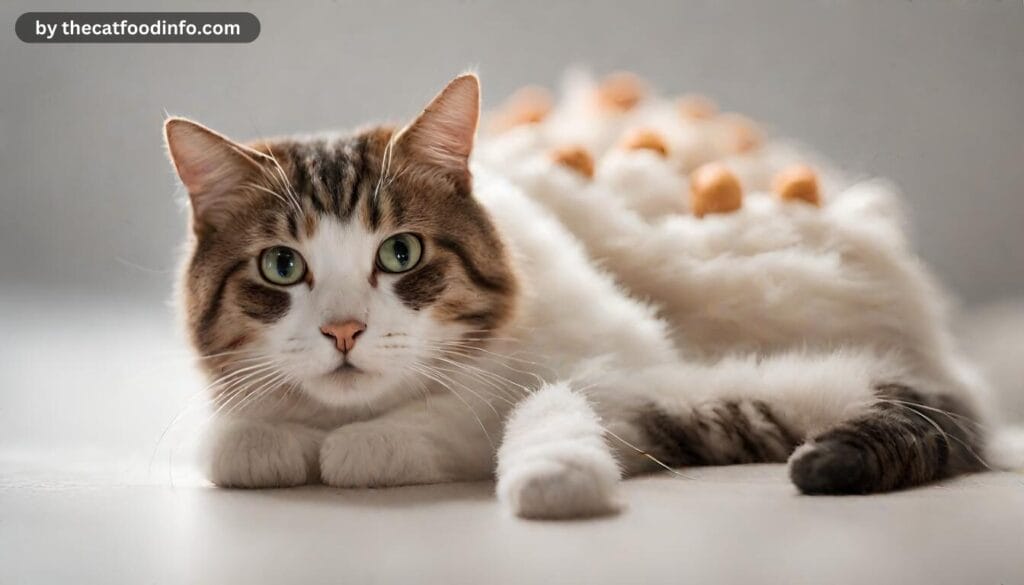
Conclusion
In conclusion, while mochi may be a delightful treat for humans, it is far from a suitable snack for our feline companions. Cats’ dietary needs are vastly different from ours, and feeding them mochi can lead to various health problems, from choking hazards to digestive issues. It may seem complicated to resist those pleading kitty eyes, but it is essential for their health and well-being that we stick to feeding them food specially made for cats. Remember, a healthy cat is a happy cat!
FAQs
What Sweets Are Toxic To Cats?
Certain sweets that are toxic to cats include chocolate, candies containing xylitol, and anything with caffeine or alcohol.
Is It OK For Cats To Eat Sushi?
No, cats shouldn’t eat sushi due to the seasonings and raw fish used in it.
Can Cats Eat Japanese Food?
In general, cats should avoid most Japanese food due to the everyday use of harmful ingredients, such as onions, garlic, and certain seasonings.
Why Is Mochi Pink?
Mochi is pink because food colouring or natural ingredients like red bean paste are added to the glutinous rice during the preparation process to make it visually appealing.
What Does Pink Mochi Mean?
Pink mochi typically symbolises good health and prosperity in Japanese culture.


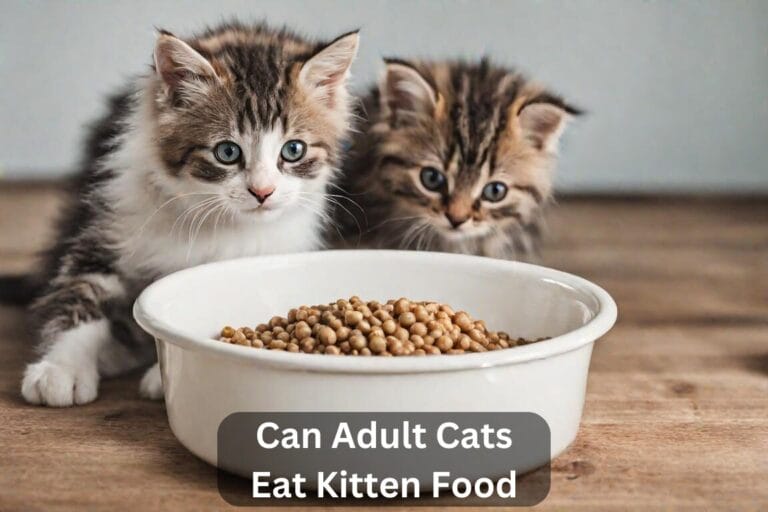
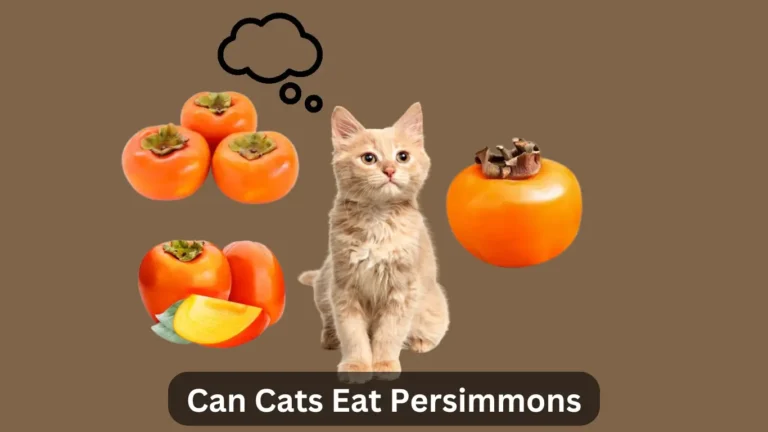
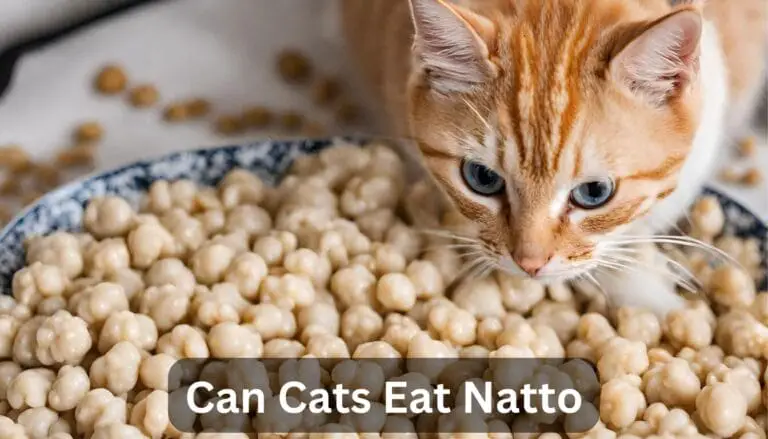
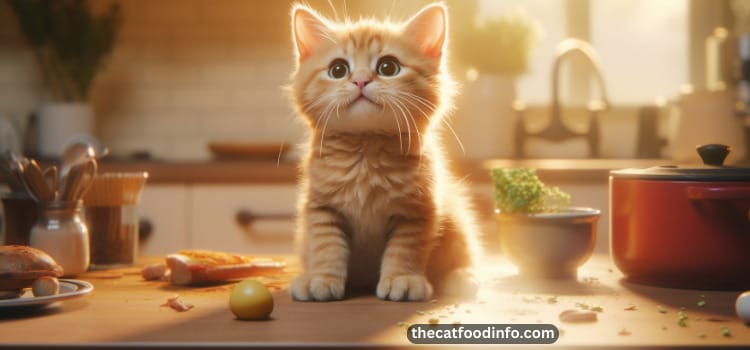
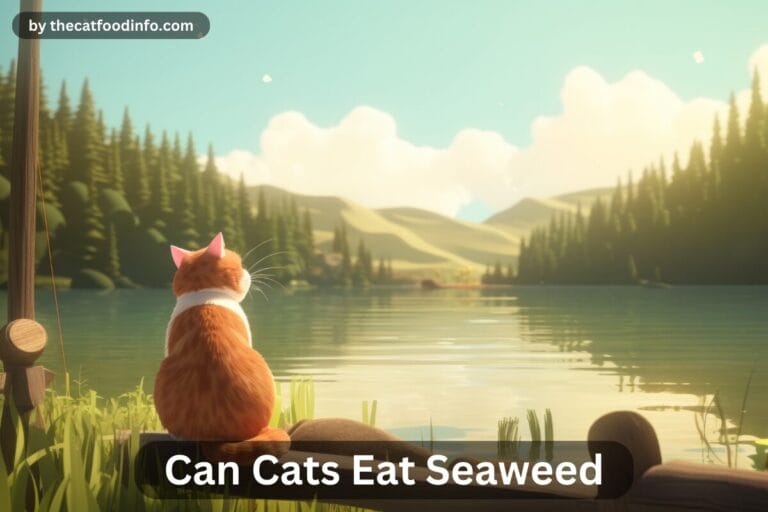
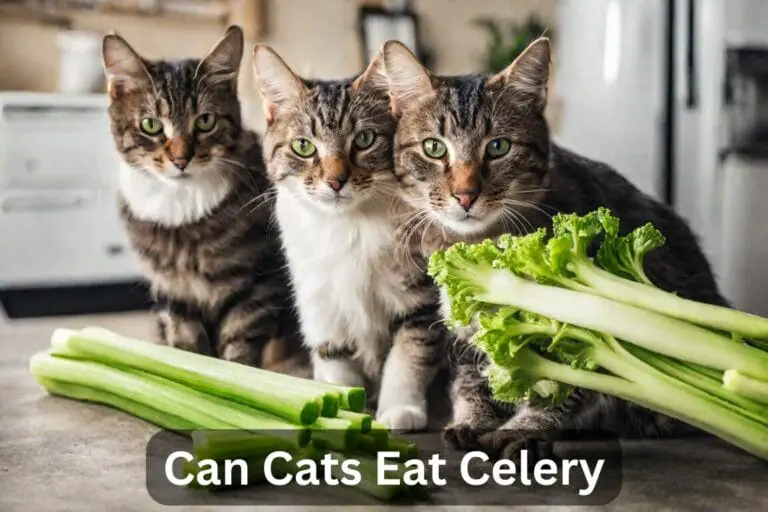
3 Comments